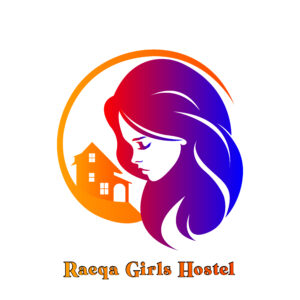When staying in various types of accommodations, understanding the rules regarding curfew and conduct is essential for a pleasant and harmonious experience. These rules are put in place to ensure the safety, security, and comfort of all guests and residents. Here’s an overview of common guidelines you may encounter:
### Curfew Rules
#### Hostels
Hostels often cater to travelers and backpackers seeking budget-friendly accommodation with a communal atmosphere. While not all hostels enforce curfews, some may have specific quiet hours or restrictions on when guests can enter or leave dormitories or common areas, particularly during late night hours. This is to respect the sleep and privacy of other guests.
#### Hotels
Hotels generally do not have strict curfew rules, as guests have private rooms with more privacy compared to hostels. However, some hotels may have certain restrictions, such as closing times for amenities like pools or fitness centers, or security measures for late-night access to the building.
#### Rental Properties/Apartment Complexes
Curfew rules in rental properties or apartment complexes can vary widely depending on the landlord or property management company. Some may have quiet hours to ensure peaceful living conditions for all residents, while others may not have specific curfews but enforce noise ordinances or policies regarding late-night disturbances.
### Conduct Rules
#### Noise and Disturbance
All types of accommodations typically have rules regarding noise and disturbance to ensure a peaceful environment for everyone. This includes avoiding loud conversations, music, or noise that could disturb other guests or residents, especially during nighttime hours.
#### Guests and Visitors
Accommodations usually have guidelines regarding guests and visitors. This may include registering guests at the front desk or with security, limiting the number of guests allowed in rooms or common areas, and ensuring guests comply with accommodation rules and regulations.
#### Smoking and Alcohol
Smoking and alcohol policies vary depending on the accommodation type and location. Many accommodations, especially hotels and rental properties, have strict no-smoking policies in rooms and public areas. Alcohol consumption may be allowed within reasonable limits, but disruptive behavior related to alcohol consumption is typically prohibited.
#### Safety and Security
Rules related to safety and security are paramount in all accommodations. This includes guidelines on locking doors and windows, using security features such as key cards or codes, and reporting any suspicious activity to management or security personnel.
### Compliance and Consequences
It’s important for guests and residents to comply with curfew and conduct rules to maintain a respectful and safe environment for everyone. Failure to adhere to these rules may result in warnings, fines, eviction, or other penalties, depending on the severity of the infraction and the policies of the accommodation.
### Conclusion
Understanding curfew and conduct rules in accommodation is crucial for a positive experience as a guest or resident. By familiarizing yourself with these rules before your stay and respecting them during your tenure, you contribute to a harmonious environment for yourself and others. Communication with accommodation staff or management can clarify any questions you have about these rules, ensuring a smooth and enjoyable stay.
Whether you’re traveling, relocating, or simply enjoying a getaway, adhering to curfew and conduct rules ensures a comfortable and respectful experience in any accommodation setting.


